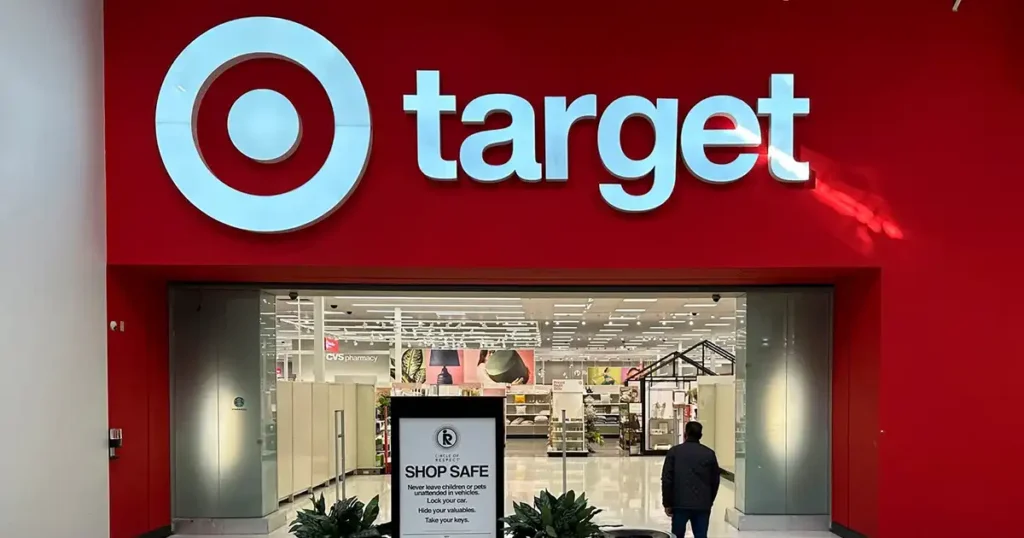In a significant policy shift, Target Corporation has announced the termination of its Diversity, Equity, and Inclusion (DEI) initiatives, including programs aimed at increasing Black representation among employees and committing $2 billion to Black-owned businesses by 2025. This decision aligns Target with other major corporations like Walmart, Amazon, and Meta, which have also scaled back their DEI efforts following recent political developments.
Background of Target’s DEI Initiatives
Target has long been recognized for its commitment to inclusivity and diversity. The company’s DEI initiatives encompassed a range of programs designed to foster a more inclusive environment for both employees and customers. These efforts included the Racial Equity Action and Change (REACH) program, which aimed to invest over $2 billion in Black-owned businesses by 2025 and promote Black-owned brands within Target stores. Additionally, Target had set goals to increase the hiring and promotion of women and minority groups, reflecting its dedication to building a diverse workforce.
Factors Influencing the Decision
The decision to end these DEI initiatives comes amid a broader trend of companies reevaluating their diversity programs in response to political and social pressures. President Donald Trump’s recent executive order directing federal agencies to terminate DEI programs and encouraging private companies to follow suit has been a significant factor influencing these corporate decisions. Conservative activists have also exerted pressure on companies, arguing that DEI initiatives can lead to reverse discrimination and are not aligned with merit-based principles.
Impact on Black-Owned Businesses and Suppliers
The discontinuation of Target’s DEI programs has raised concerns among Black-owned businesses and suppliers who benefited from the company’s initiatives. The REACH program, for instance, was instrumental in providing opportunities for Black entrepreneurs to have their products featured in Target stores, thereby gaining national exposure and increasing sales. With the termination of this program, these businesses may face challenges in maintaining their presence within the retailer’s supply chain. However, some stakeholders remain optimistic, emphasizing the quality and demand for their products rather than their dependence on DEI programs.
Reactions from Advocacy Groups and the Public
The move has elicited mixed reactions from various advocacy groups and the public. Organizations that champion diversity and inclusion have expressed disappointment, arguing that such decisions could undermine progress made toward workplace equality. The Human Rights Campaign, for example, criticized the rollback of DEI initiatives, stating that it could harm efforts to create inclusive environments for marginalized communities. On the other hand, some conservative groups have praised Target’s decision, viewing it as a return to merit-based practices and a move away from what they perceive as divisive identity politics.
Comparison with Other Corporations
Target’s decision mirrors actions taken by other major corporations in recent times. Companies such as Walmart, McDonald’s, and Meta have also scaled back their DEI initiatives, citing similar pressures and changing political landscapes. For instance, Walmart announced the discontinuation of certain diversity training programs, while McDonald’s has restructured its DEI team and reduced its focus on diversity-related goals. These moves indicate a broader shift in corporate America’s approach to diversity and inclusion, reflecting the complex interplay between business objectives, political influences, and public perceptions.
Historical Context of DEI Initiatives
Diversity, Equity, and Inclusion programs gained prominence in corporate America, particularly following the nationwide protests over racial justice in 2020. Companies implemented these initiatives to address systemic inequalities, promote diverse talent, and create inclusive workplaces. The programs often included diversity training, supplier diversity efforts, and goals to increase representation of underrepresented groups within the workforce. However, DEI initiatives have also faced criticism from some quarters, with opponents arguing that they can lead to reverse discrimination and may not effectively address the root causes of inequality.
Potential Implications for Target’s Brand and Customer Base
Target’s decision to end its DEI initiatives could have significant implications for its brand image and relationship with its customer base. The company has built a reputation for inclusivity, which has attracted a diverse and younger demographic of consumers. Scaling back on diversity programs may alienate these customers, potentially impacting sales and brand loyalty. Conversely, the move could appeal to consumers who prefer a focus on merit-based practices and are critical of DEI initiatives. The ultimate impact on Target’s brand will depend on how the company navigates this transition and communicates its commitment to inclusivity moving forward.
Future Outlook and Company Statements
Despite the discontinuation of specific DEI programs, Target’s leadership has emphasized the company’s ongoing commitment to creating an inclusive culture. In a statement, Target’s CEO highlighted the importance of investing in people and fostering an environment where all employees feel valued. The company has also noted that themed merchandise collections for events like Pride or Black History Month have been popular, indicating a continued recognition of the importance of diversity in its product offerings. As Target moves forward, it will need to balance these commitments with the evolving political and social landscape, ensuring that it meets the expectations of its diverse stakeholders.
Conclusion
Target’s decision to terminate its DEI initiatives marks a significant shift in the company’s approach to diversity and inclusion. While it aligns with a broader trend among corporations responding to political pressures, the move has sparked debate about the role of DEI programs in promoting equality and the potential consequences of scaling them back. As the conversation continues, it will be crucial for companies like Target to carefully consider the impacts of such decisions on their employees, customers, and broader societal goals.






